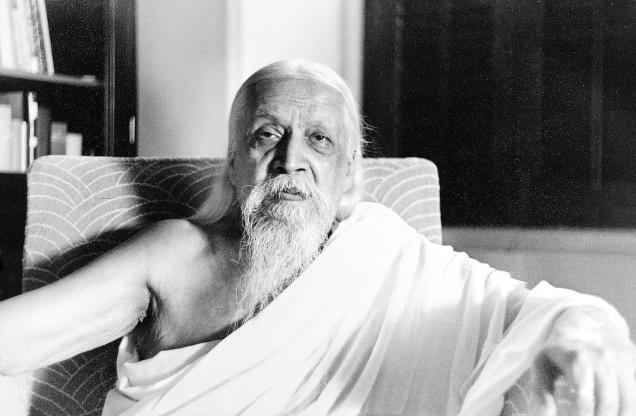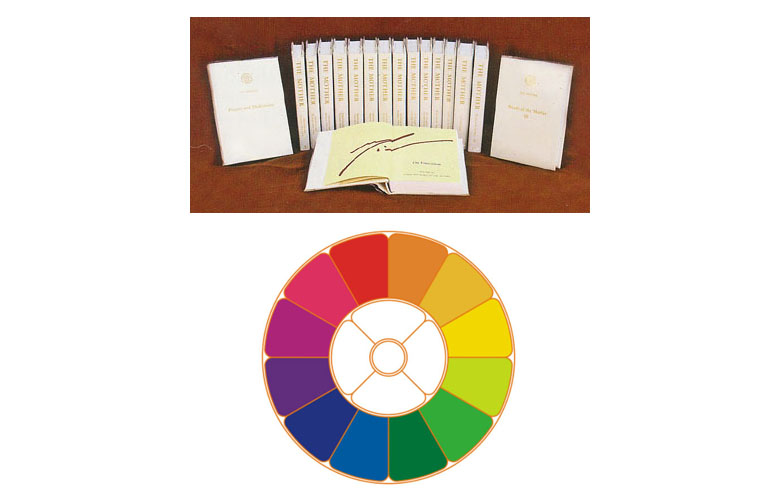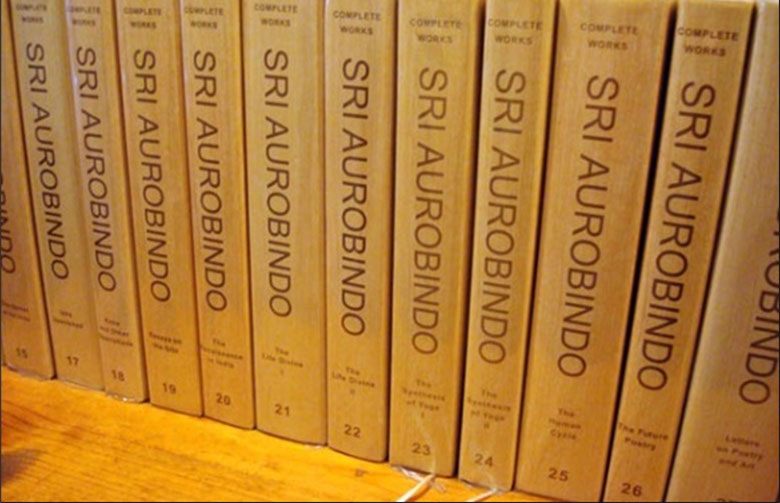The Mother's Symbol
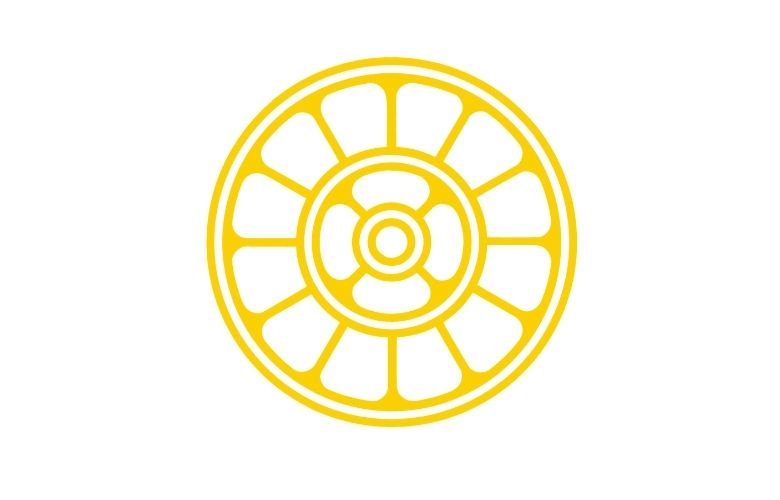
Everything about The Mother's symbol and its significance
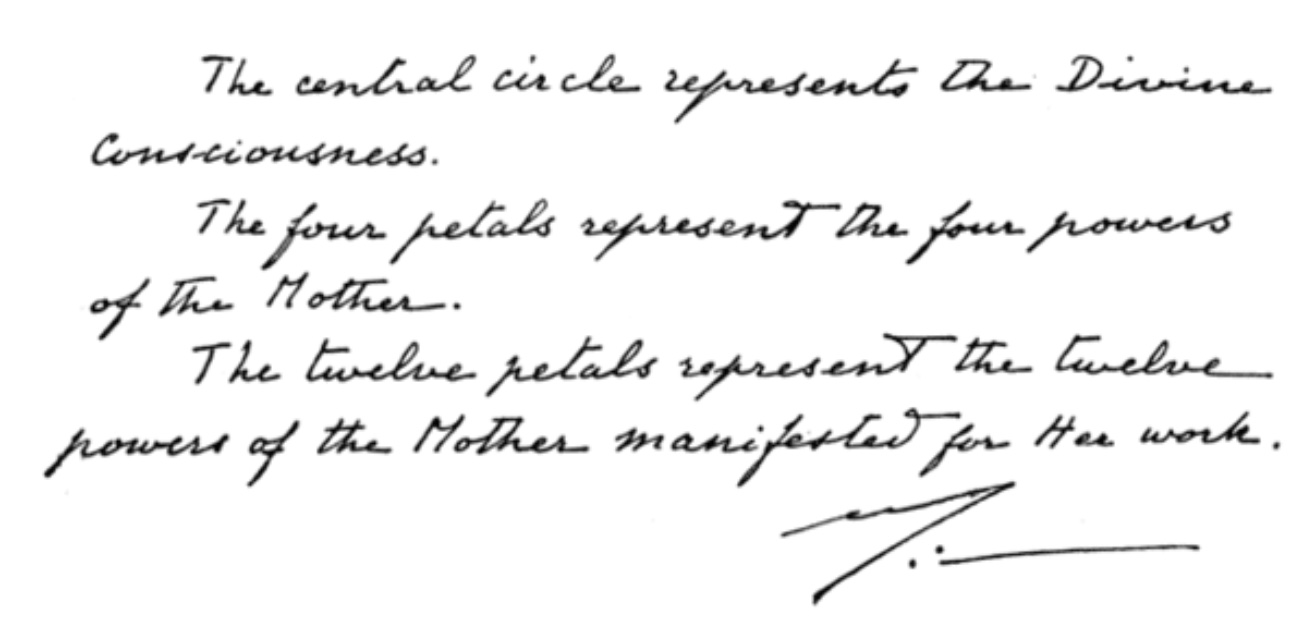
In talking about the four powers of the Mother, it helps to know that in India, traditionally, the evolutionary principle of creation is approached, and adored, as the great Mother. Sri Aurobindo distinguishes four main powers and personalities through which this evolutionary force manifests.
One is her personality of calm wideness and comprehending wisdom and tranquil benignity and inexhaustible compassion and sovereign and surpassing majesty and all-ruling greatness.
Another embodies her power of splendid strength and irresistible passion, her warrior mood, her overwhelming will, her impetuous swiftness and world-shaking force.
A third is vivid and sweet and wonderful with her deep secret of beauty and harmony and fine rhythm, her intricate and subtle opulence, her compelling attraction and captivating grace.
The fourth is equipped with her close and profound capacity of intimate knowledge and careful flawless work and quiet and exact perfection in all things...
To know more about the four powers, read Sri Aurobindo's small book The Mother, in which he describes the nature, character and role of the Divine Mother.
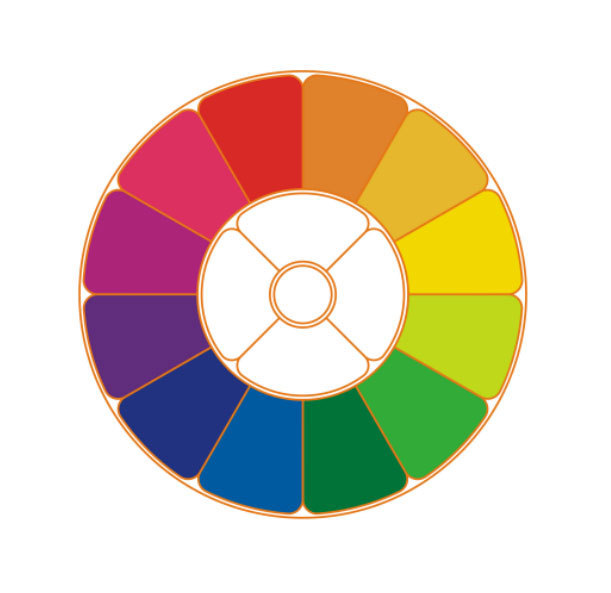
In March 1934, Sri Aurobindo indicated the colours of the twelve petals pertaining to the symbol:
Center and four powers, white;
The twelve all different colours in three groups:
- top group red, passing to orange towards yellow;
- next group, yellow passing through green towards blue;
- and third group, blue passing through violet towards red.
If white is not convenient, the centre may be gold (powder).
The Mother's symbol in multiple languages
See Also
